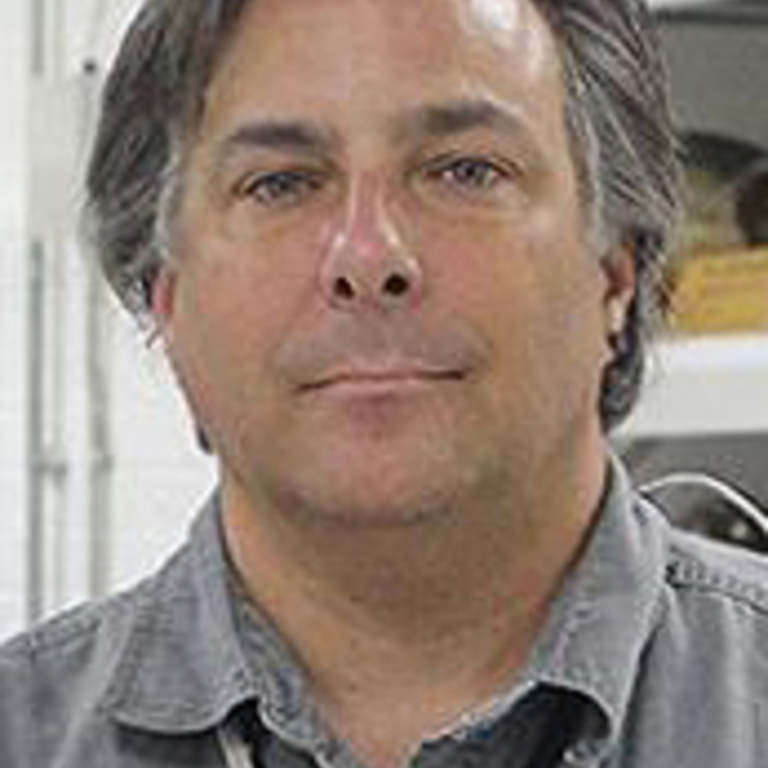Christopher Brochu
Brochu is a vertebrate paleontologist and systematist who applies phylogenetic methods to understand biodiversity. His interests are the reciprocal light morphological, genomic, and fossil data can shed on the phylogeny, distribution, and diversity of groups throughout their evolutionary histories.
Brochu's lab explores the phylogeny and historical biogeography of crocodyliforms—alligators, crocodiles, gharials, and their close relatives. Their low present diversity (23 recognized species) and rich fossil record give researchers a rare opportunity to integrate the earth and life sciences. Researchers can synthesize molecular data from all living species with the deep-time perspective directly obtainable only from fossils. Crocodyliform fossils are known from every continent and are ubiquitous in continental and nearshore deposits from the time they first appear in the Jurassic to the present.
Recent projects have focused on derived neosuchians and the origin of Crocodylia in the Late Cretaceous; the diversity and phylogeny of Late Cretaceous and Cenozoic crocodylians in North America and the Neotropics; conflicts over the relationships of crocodyliforms with long, narrow snouts; and the history of crocodylians in Africa and the western Indian Ocean over the past 30 million years.
Related Iowa Now content:
https://now.uiowa.edu/2019/01/crocodiles-have-complex-past
https://now.uiowa.edu/2014/11/classroom-pass-takes-bite-out-dinosaur-research
https://now.uiowa.edu/2012/05/ui-professor-identifies-largest-known-crocodile
https://now.uiowa.edu/2013/06/new-crocodile-genus-named-ui-researcher
Related media mentions:
https://www.nytimes.com/2019/06/03/science/crocodiles-dinosaurs-metabolism.html
https://www.sciencemag.org/sciencenow/2013/03/ancient-alligator-ancestors-unea.html?rss=1
http://www.nature.com/news/horse-sized-dinosaur-sheds-light-on-t-rex-s-origins-1.19555
- Crocodylians
- Crocodilians
- Evolution
- Reptiles
- Dinosaurs
- Birds
- Fossils
